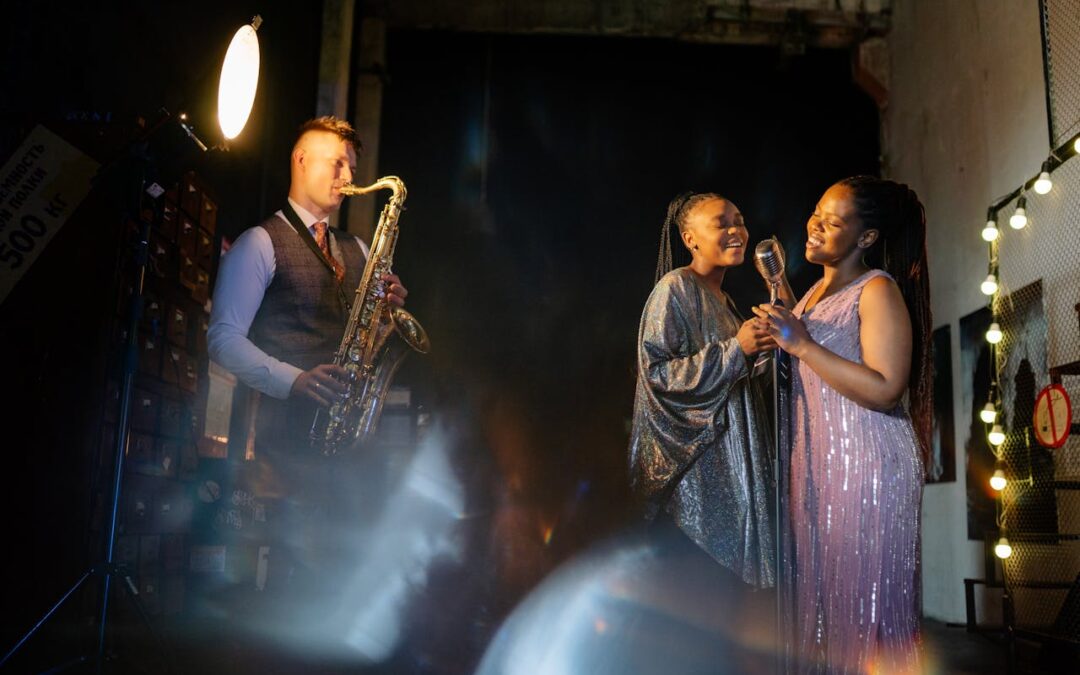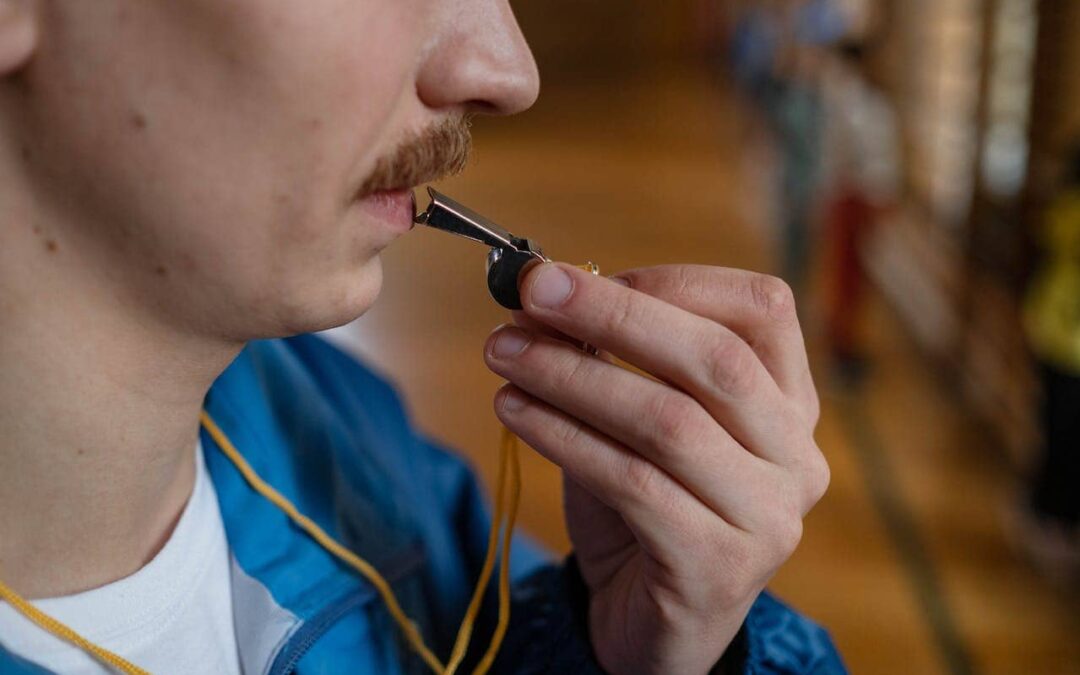
Goldberg v. Whitaker House Co-op., Inc: Homework and Economic Realities Can Indicate Employment Relationship Under FLSA
In Goldberg v. Whitaker House Co-op., Inc., 366 U.S. 28, 81 S. Ct. 933, 6 L. Ed. 2d 100 (1961), the Supreme Court held that members of a knitting cooperative who performed “homework,” were paid on a piece-rate basis to make items for the co-op, and who were subject to...

Conner v. Cleveland County: Fourth Circuit Recognizes Overtime Gap Time Claims Under FLSA
In Conner v. Cleveland County, N. Carolina, 22 F.4th 412 (4th Cir. 2022), the Fourth Circuit held that the overtime provisions of the Fair Labor Standards Act (“FLSA”) allow claims for “overtime gap time.” Overtime gap time refers to a particular type of wage-payment...

Muldrow v. City of St. Louis: Revised Standard of Harm in Discrimination Cases
In Muldrow v. City of St. Louis, 144 S. Ct. 967 (2024), the Supreme Court held that an employee challenging a job transfer under Title VII must show that the transfer brought about “some harm” with respect to an identifiable term or condition of employment, but that...

Bartels v. Birmingham: Early Economic Reality Test For Employment Relationship in Music Industry
In Bartels v. Birmingham, 332 U.S. 126, 67 S. Ct. 1547 (1947), the Supreme Court held that members of musical bands were employees of the bands’ leaders, rather than of the operators of the dance halls where the bands played, within the meaning of the Social Security...

Citicorp v. Brock: FLSA Hot Goods Provision Applies to Secured Creditors
In Citicorp Indus. Credit, Inc. v. Brock, 483 U.S. 27, 107 S. Ct. 2694 (1987) the Supreme Court held that the Fair Labor Standards Act’s prohibition on selling “hot goods” applies to secured creditors who acquire the goods pursuant to a security agreement, even when...

Groff v. DeJoy: Employers Must Show Substantial Increased Costs to Defend Denial of Religious Accommodation as Undue Hardship
In Groff v. DeJoy, 600 U.S. 447, 143 S.Ct. 2279 (2023), the Supreme Court held that for an employer to deny a religious accommodation for an employee as an undue hardship under Title VII, the employer must show that granting an accommodation would result in...

Darveau v. Detecon: FLSA Retaliation And Post-Employment Counterclaims
In Darveau v. Detecon, Inc., 515 F.3d 334 (4th Cir. 2008), the Fourth Circuit held that an employee could be protected by the anti-retaliation provision of the Fair Labor Standards Act when a former employer responded to the employee’s overtime lawsuit by filing a...

United States v. Silk: Six-Factor Economic Realities Test For Differentiating Between Employees and Independent Contractors
In United States v. Silk, 331 U.S. 704 (1947), the Supreme Court applied a multi-factor test for determining whether workers were independent contractors or employees. The case is important because, inter alia, these “Silk factors” came to be applied in cases under...

Rutherford Food Corp. v. McComb: Economic Realities Test For Employment Relationship Under FLSA
In Rutherford Food Corp. v. McComb, 331 U.S. 722 (1947), the Supreme Court held that the meat boners working in a slaughterhouse, who worked under a contract, owned their own tools, and were paid collectively based on their production, which pay they divided among...

Helix Energy v. Hewitt: Day Rates Do Not Meet the Salary-Basis Test Under the FLSA
In Helix Energy Sols. Grp., Inc. v. Hewitt, 143 S. Ct. 677 (2023), the Supreme Court held that the salary-basis test for certain exemptions to the Fair Labor Standards Act is not met when the employee at issue is paid a day rate, even when the day rate exceeds the...

EEOC v. Abercrombie & Fitch Stores, Inc.: Title VII Gives Favored Treatment to Employees’ Religious Practices
In Equal Emp't Opportunity Comm'n v. Abercrombie & Fitch Stores, Inc., 575 U.S. 768 (2015), the Supreme Court held that to prove a religion-based disparate treatment claim under Title VII of the Civil Rights Act of 1964, a job applicant need only show that her need...
